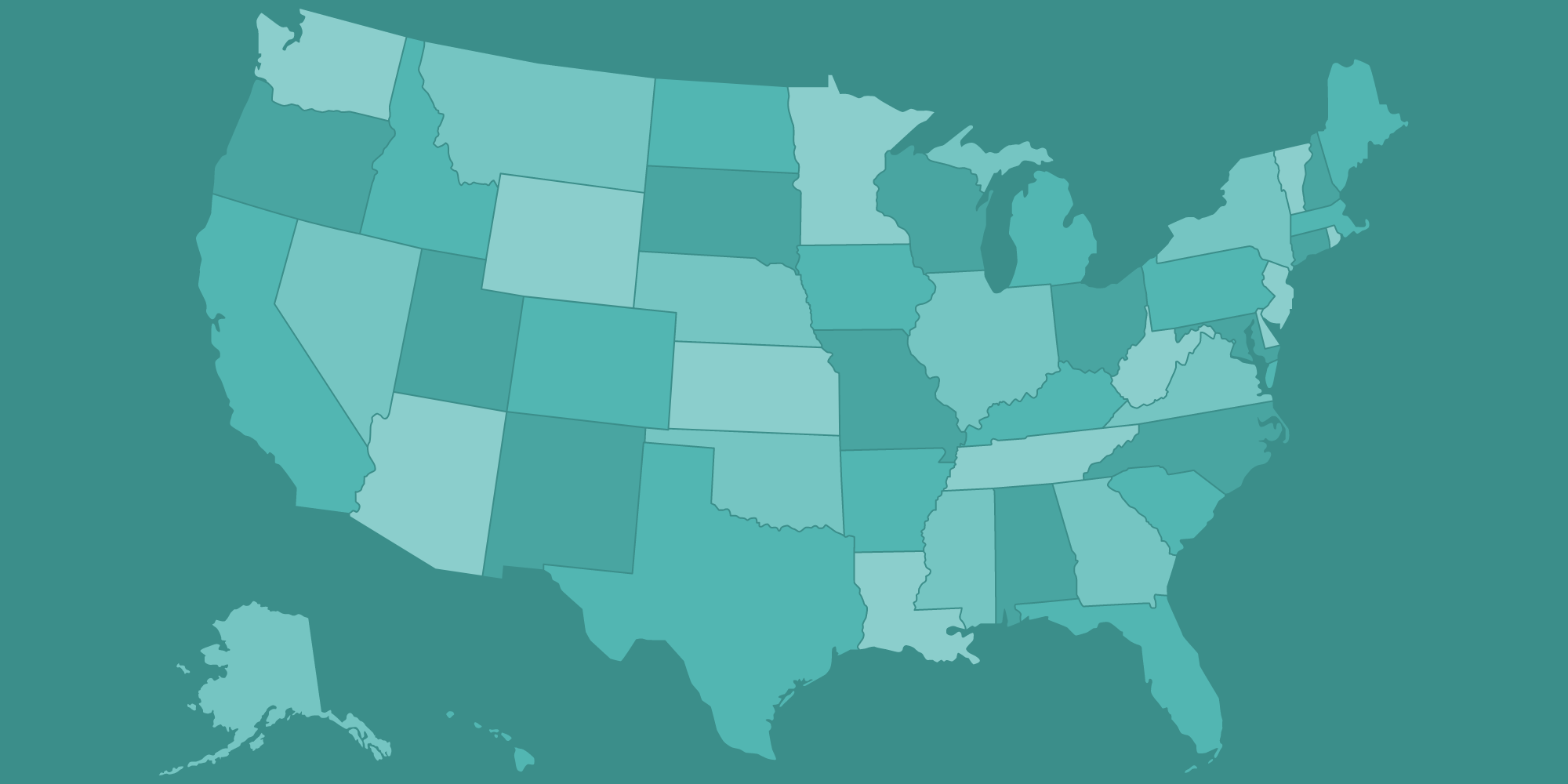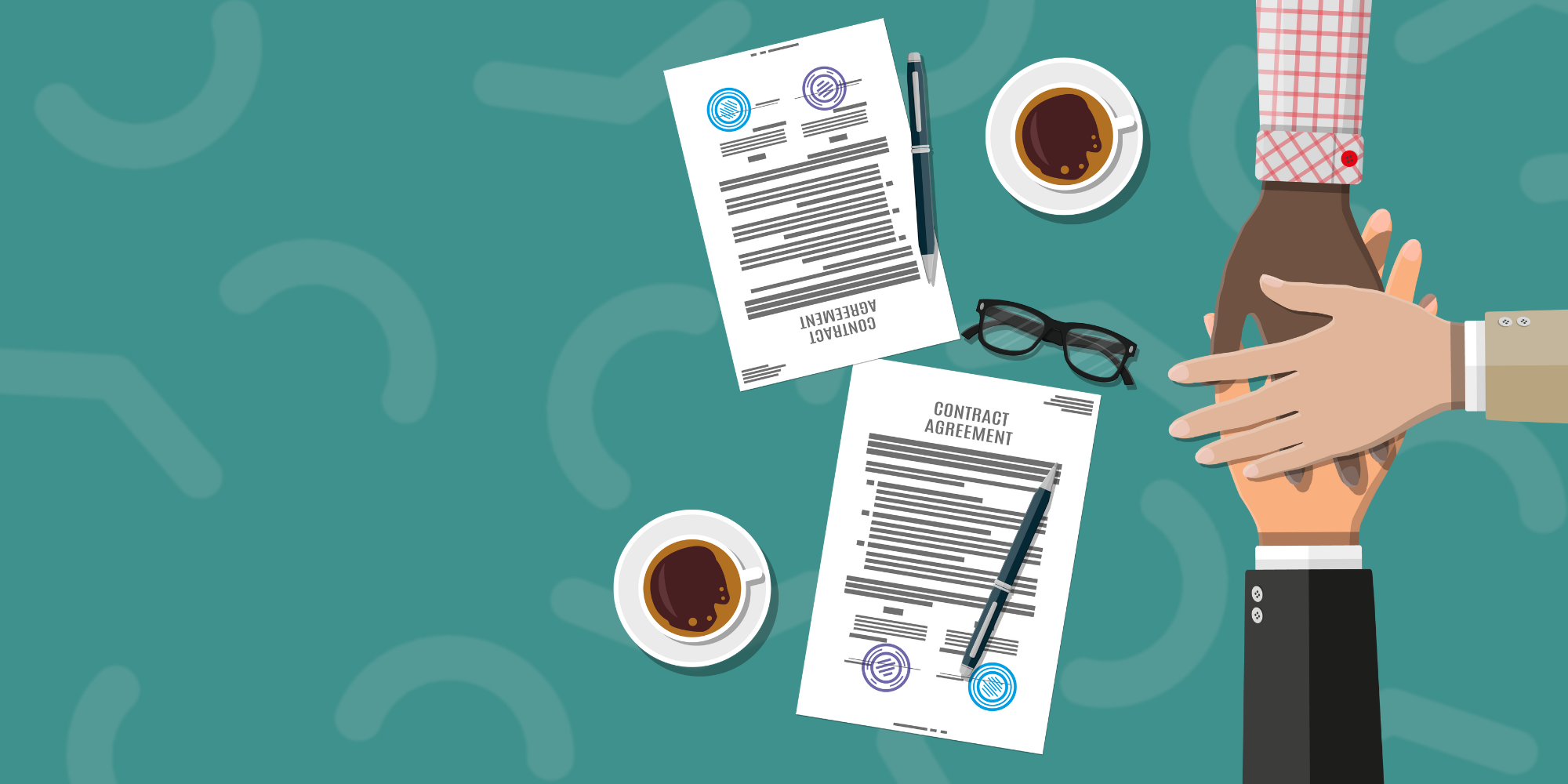Best Practices for Building a Strong Grant Team
Samantha Benthien | September 27, 2024
The success of a grant proposal often depends on the strength of the team behind it. While grant writing is a key component, a well-rounded grant team combines a range of skills, from research and financial management to relationship-building and strategic thinking. This article explores best practices for assembling a grant team that can effectively collaborate to secure funding and manage successful projects.
1. Identify Key Roles and Responsibilities
Grant Writer: The grant writer is typically the lead on drafting the proposal. This person should have excellent writing skills, a deep understanding of the funder's guidelines, and the ability to communicate complex ideas clearly and persuasively. They should also be familiar with the technical aspects of grant writing, such as addressing funder-specific criteria and adhering to deadlines.
Project Lead: The project lead or principal investigator (PI) oversees the project itself. They ensure the grant proposal aligns with the project’s goals and are often responsible for providing key details such as project design, objectives, and outcomes. The PI also serves as the primary contact for the funder during the application process.
Budget Manager: Grants require detailed and accurate budgets. A budget manager (often from the finance team) should be included early in the process to ensure that the project’s financial needs are correctly represented. They are responsible for building a compliant budget that covers all project costs, including direct and indirect costs, and ensuring cost-sharing or matching requirements are met.
Research and Data Specialist: Strong proposals are backed by data. A research and data specialist gathers relevant information, statistics, and evidence that demonstrate the need for the project and support its feasibility. This person ensures that the proposal includes compelling data and factual support for key points.
Compliance Officer: Some grants, especially federal ones, have stringent compliance requirements. A compliance officer helps ensure that the proposal adheres to all regulations, including eligibility criteria, reporting requirements, and legal obligations. They also help with post-award compliance.
Grant Administrator: Once the proposal is submitted, someone needs to manage communication with the funder, track deadlines, and handle submission logistics. This could be a designated grant administrator or the project lead who keeps the team organized and ensures that no critical tasks fall through the cracks.
2. Foster Collaboration and Communication
Set Clear Goals from the Start: A successful grant team needs a shared understanding of the project’s goals. Ensure that everyone on the team knows what the project aims to achieve and how the grant proposal fits into that vision. Setting clear, achievable goals helps keep the team focused and aligned.
Schedule Regular Check-Ins: Grant development is often time-sensitive, so regular communication is critical. Schedule frequent check-ins, either in person or via video conference, to monitor progress, address roadblocks, and ensure deadlines are being met. Consider using project management tools like Trello or Asana to keep everyone on track.
Encourage Open Communication: Team members should feel comfortable voicing concerns, asking questions, and providing feedback. Encourage a collaborative environment where different perspectives are valued. For example, the finance team may provide insights on budgeting that improve the project design, or the compliance officer may spot a potential issue early in the process.
3. Leverage Team Strengths and Expertise
Assign Tasks Based on Strengths: Each team member brings unique skills to the table. Leverage these strengths by assigning tasks that align with individual expertise. The grant writer should focus on crafting the narrative, while the budget manager focuses on financial details, and the project lead handles the technical aspects of the project.
Cross-Training for Flexibility: While it’s important to play to each person’s strengths, cross-training team members can increase flexibility and prevent bottlenecks. For example, training multiple people to navigate grants.gov or review compliance documents can keep the team moving if someone is unavailable at a critical moment.
Encourage Specialization Where Needed: Some team members may have specialized skills that could greatly enhance your grant proposal. For instance, a data specialist who can provide detailed statistical analysis, or a community engagement expert who understands how to demonstrate project impact. Encourage team members to take ownership of their areas of expertise and contribute where they can add the most value.
Building a strong team requires careful planning, collaboration, and an ongoing commitment to professional development. By assembling the right mix of skills, fostering open communication, and aligning your proposal with funder priorities, your team will be well-positioned to develop winning grant proposals. With a strong team in place, you’ll not only improve your chances of securing funding but also ensure the successful implementation and management of your projects.






